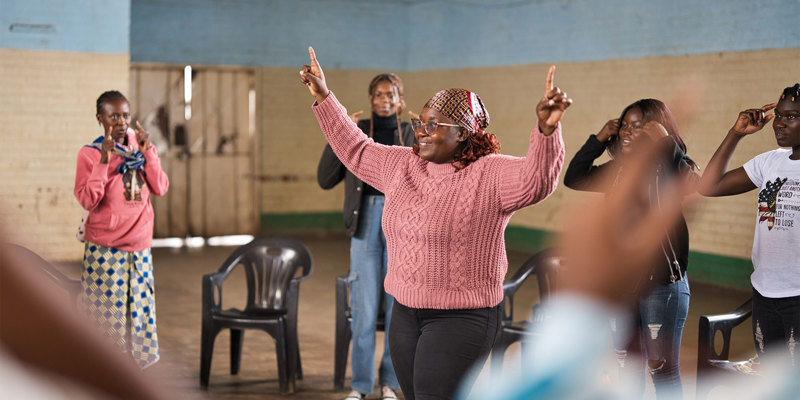Australia converts commercial debts to Indonesia into health programs
28 May 2009
Australia joins Debt2Health initiative with AUS$ 75 Million write-off of commercial debt to Indonesia
PARIS – Australia said today that it was offering to write off AUS$ 75 million in commercial debt to Indonesia in return for Jakarta investing half that amount in domestic tuberculosis programs that are supported by the Global Fund to Fight AIDS, Tuberculosis and Malaria.
Australia is only the second country to join the Global Fund’s debt-conversion initiative, known as Debt2Health, but will be the first to offer to cancel commercial debt under the program. Germany was the first country to join the initiative and has already struck deals with Indonesia and Pakistan to forgive development aid loans.
Australia’s Parliamentary Secretary for International Development Assistance, Bob McMullan, announced the initiative in Paris where he was attending the third meeting of the High Level Taskforce on Innovative International Financing for Health Systems.
“I am proud that Australia is joining Debt2Health, which demonstrates the Australian Government’s commitment to finding innovative solutions to the needs of poor families and individuals in developing and emerging economies. Indonesia is one of our closest neighbours and it is a priority for us to support the efforts of the Indonesian authorities to fight tuberculosis. Debt2Health is a very useful instrument to achieve health results and at the same time to support the performance-based and results-oriented model of the Global Fund. I do hope that other creditors will follow suit in the near future”.
Debt2Health is one of the key mechanisms that the Taskforce on Innovative International Financing for Health Systems is considering as part of a broader mix of financing solutions needed to help reduce the impact of the global recession in poor countries and reach the health MDGs.
Debt2Health takes its inspiration from debt swaps and is a model for financing public health programs using performance-based systems developed by the Global Fund. Debt conversion enables poorer countries to free up more resources to fight HIV/AIDS, tuberculosis and malaria while strengthening their own health systems.
The Global Fund looks for opportunities for debt conversions and then facilitates a three-way agreement between creditor and debtor countries and the Global Fund.
The Global Fund’s Executive Director, Michel Kazatchkine, also welcomed Australia’s decision to join the Debt2Health program.
“Debt2Health goes beyond traditional development financing. In order to reach and sustain the level of funding we need to succeed in the fight against the most deadly epidemics of our time, we must make use of innovative financing instruments like the Debt2Health Initiative. We are delighted that Australia has joined the initiative and are very grateful for the trust that it shows in our work” said Kazatchkine.







